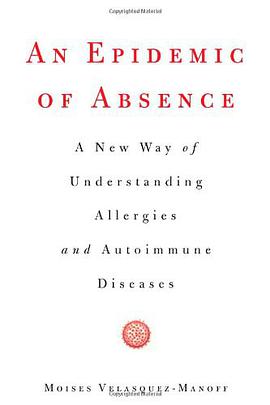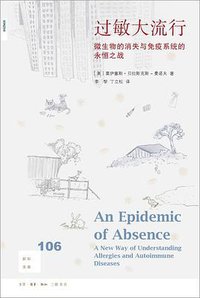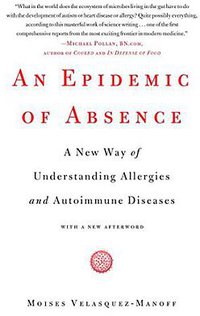An Epidemic of Absence
豆瓣
A New Way of Understanding Allergies and Autoimmune Diseases
Moises Velasquez-Manoff
简介
A brilliant, cutting-edge report on the rise of allergic and autoimmune disease—and the controversial new “worm therapy” that scientists are considering to treat it. Whether it’s asthma, Crohn’s Disease, or food or pollen allergies, everyone knows someone who suffers from an autoimmune or allergic disorder. But why are they on the rise? Science writer Moises Velasquez-Manoff offers a new and controversial way of thinking about immune-mediated disease—one that may foster a paradigm shift in the way we think about health and hygiene. In the early twentieth century, improved hygiene, water treatment, vaccines, and antibiotics saved countless lives, nearly eradicating diseases that had plagued humanity for millennia. But in the wake of this triumph, a new problem arose: The human immune system began to malfunction. A growing body of evidence suggests that the very steps we took to combat infectious disease have also eliminated organisms that once kept our bodies in balance. To address this “epidemic of absence,” some scientists have begun deliberately reintroducing parasitic worms—helminths—to calm the immune system of their hosts. This book takes a close look at the scientists at the vanguard of “worm therapy,” which has shown promise not only in preempting immune malfunction, but in sending a number of disorders—from Crohn’s Disease to multiple sclerosis to asthma—into remission. Exploring the greater context of rampant immune system dysfunction in the developed world, and its implications for developing countries, Velasquez-Manoff offers an eye-opening and elegant portrait of science’s new view of the human organism, one that springs from a belated recognition of our intimate connection with bacteria, viruses, and parasites.

